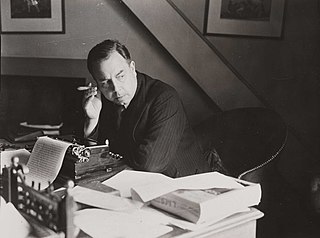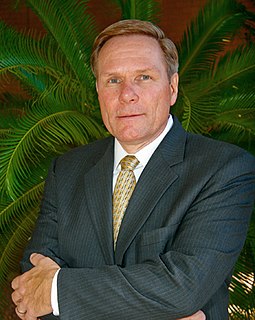A Quote by David Hanson
If we're going to achieve compassion in the machines and also feel safe with the machines, to raise machines with human-like values, we need to make them human-like by simulating, or perhaps eventually imitating, human beings in high accuracy from top to bottom.
Related Quotes
The development of artificial intelligence may well imply that man will relinquish his intellectual supremacy in favor of thinking machines. With oceans of time available for future innovation, there seems to be no reason why machines cannot achieve and surpass anything of which the human brain is capable.
Although technology is proceeding at a dizzying pace, I believe that the human mind will always have control of itself. And since the human mind has a degree of infinity and imagination unlikely to be matched by a machine for a very, very long time, I don't think that we will become the machines of the machines.
Machines help us do things more quickly and efficiently, but they can also destroy some community activities. Machines can also throw the weakest people out of work and this would be sad, because their small contribution to the housework or cooking is their way of giving something to the community. People who are capable of doing things very quickly with the help of machines become tremendously busy, always active, in charge of everyone - a bit like machines themselves.
Although humans today remain more capable than machines for many tasks, by 2030 machine capabilities will have increased to the point that humans will have become the weakest component in a wide array of systems and processes. Humans and machines will need to become far more closely coupled, through improved human-machine interfaces and by direct augmentation of human performance
We should simply accept the fact that the way machines make decisions is different, and rather look at the result. If machines are providing results that we are looking for, you would mind how much human understanding was used in the process. And more likely we should look for the way of combining human skills and machine skills. And that, I believe, is the future role of humanity, is just to make sure it will be using this immense power of brute force of calculation for our benefit.





































